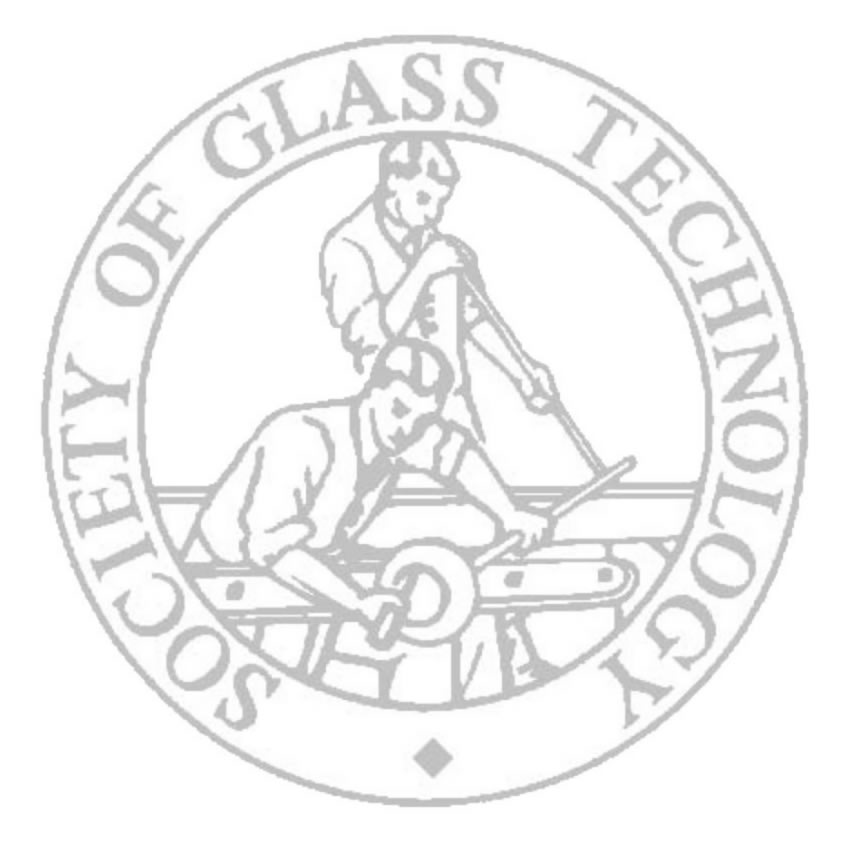
Cambridge 2008
|
John Plummer, University of Sheffield
The amorphous state has long been considered a poor mechanical performer as compared to crystalline metals; failure in oxide glasses is commonly instigated by surface defects, with high stress levels ahead of the crack tip allowing rapid propagation due to a lack of atomic rearrangement induced stress relaxation. It is however, a mistake to disregard the mechanical properties of the amorphous state as being secondary to those exhibited by their crystalline counterparts. Metallic glasses display strengths in excess of those obtained from many highly engineered metallic systems and are capable of extensive elastic strains. Such favourable properties cannot be exploited though due to two fundamental issues limiting their usage for many ideal applications: 1) poor glass forming ability, and 2) inability to deform plastically beyond approximately 2%. Traditionally, work aimed at improving these two key properties has been based around time consuming trial and error techniques. Within the last few years however, links have been established between key properties of metallic glasses and their elastic moduli. This presentation will outline work that has aimed at determining whether such links exist between glass forming ability, plasticity and elastic moduli. From these results simple guidelines based on predicted Young’s, shear and bulk moduli will be discussed that should aid in producing metallic glasses with improved glass forming ability (the so called bulk metallic glasses) and plasticity, and so provide increased focus to future research.
Back to New Researchers Programme
| SGT Home page |